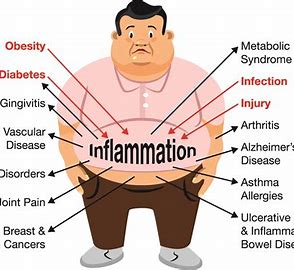“Epidemiological” refers to the branch of medical science that deals with the incidence, distribution, and control of diseases in a population. Epidemiology involves the study of the patterns, causes, and effects of health-related events, including the analysis of the factors that influence the occurrence and spread of diseases.
Epidemiologists use a variety of methods to investigate and understand health-related issues. They collect and analyze data to identify patterns and trends, determine the risk factors associated with diseases, and assess the effectiveness of interventions. Epidemiological studies play a crucial role in public health by providing valuable information for disease prevention and control.
Key components of epidemiology include:
- Disease Surveillance: Monitoring and tracking the occurrence of diseases over time and across different populations.
- Descriptive Epidemiology: Characterizing the distribution of diseases in terms of person, place, and time. This involves identifying who is affected, where they are located, and when the disease occurs.
- Analytical Epidemiology: Investigating the causes and risk factors associated with diseases. This involves comparing groups of individuals with and without the disease to identify factors that may contribute to its development.
- Experimental Epidemiology: Conducting controlled trials or experiments to evaluate the effectiveness of preventive or therapeutic interventions.
- Epidemiological Models: Using mathematical models to simulate and predict the spread of diseases, assess the impact of interventions, and understand the dynamics of disease transmission.
Epidemiology is essential for public health planning, policy development, and decision-making. It plays a critical role in responding to outbreaks, managing health resources, and implementing strategies to prevent and control diseases within populations.


